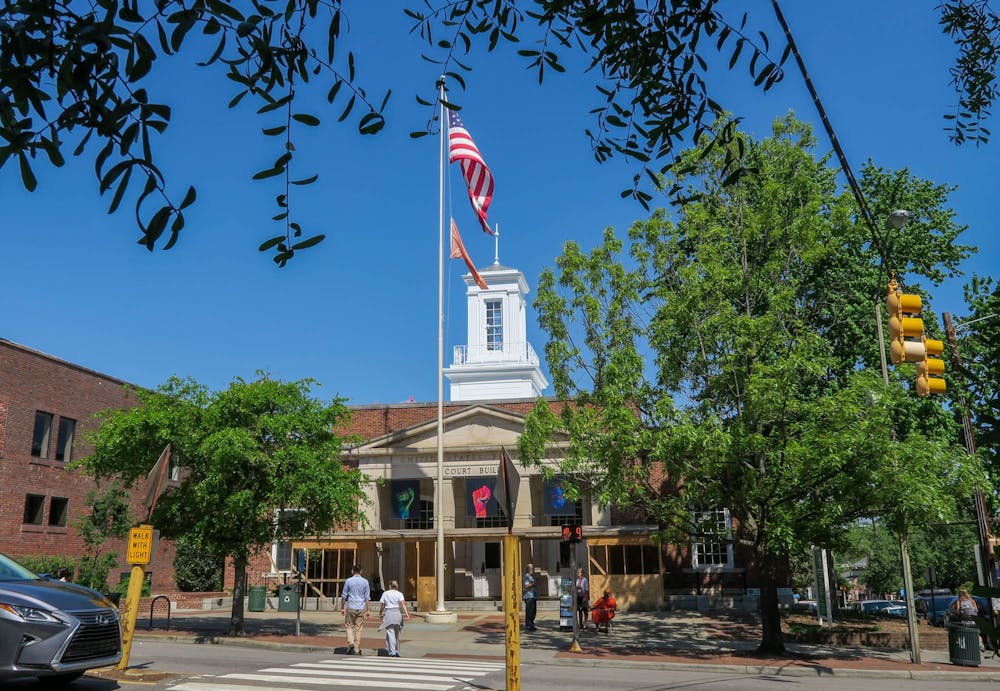Court-imposed fees in North Carolina have increased by 400 percent over the past 20 years, according to the North Carolina Justice Center. These fees can burden those who are unable to pay the increased cost with large amounts of debt.
N.C. House Bill 636, which was introduced by N.C. House Democrats on April 17, could reduce these fees and the punishments given to those who can’t pay. The bill aims to do this by requiring courts to consider who has the ability to pay when imposing fees and decreasing the costs of individuals who don’t show up to court by half — along with other reforms.
Criminal justice debt refers to money owed to the criminal justice system due to court fees or other costs related to being incarcerated. This money is frequently used by states to pay for their courts, criminal justice systems and other unrelated government operations.
The North Carolina Justice Center is working through its new project, the Fair Chance Criminal Justice Center, to eliminate barriers for individuals with criminal records, mostly through state policy and local advocacy.
Quisha Mallette, staff attorney with the center, said the process of paying a ticket can vary greatly for those of different income levels. For those who can afford the cost of a ticket and related fees, a trip to court can be as simple as waiting in line for a few hours, paying and moving on. But others who can’t afford these costs are fined even further for their inability to pay, and they may eventually have their driver's license suspended.
“If we want to talk about community safety or safety on the road, then we want to make sure that our drivers are insured and make sure that folks are not getting their driver's licenses suspended for reasons that aren't related to traffic safety,” Mallette said.
H.B. 636 would remove the debt-based driver's license suspension.
Mallette said the reduction of the fee for not attending court is another important aspect of the bill since there are many reasons someone could miss a court date — including not receiving a reminder or being worried about possible additional court costs they can’t afford.
One common misconception is that criminal justice debt is a result of not taking accountability for the action that brought them to court, according to Mallette. To combat these assumptions regarding whether someone willingly chose to avoid the fees, ability-to-pay considerations are also included in the bill.



